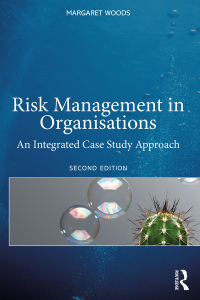Question
Question 1 (12 marks) a) Differentiate between the 'definition of assets' and the criteria for recognition of assets' provided in the conceptual framework. (2 marks)
Question 1 (12 marks)
a) Differentiate between the 'definition of assets' and the criteria for recognition of assets' provided in the conceptual framework. (2 marks)
b) If an asset is expensed in one financial year because future economic benefits were not deemed to be 'probable', can the same asset be reinstated in future periods if the benefits are subsequently assessed as probable? In this respect, does the ability to reinstate assets apply to all assets? Briefly explain. (2 marks)
c) AASB 101 stipulates a number of disclosures that many reporting entities are required to make. What specific disclosures are required by AASB 101 in relation to assets? (2 marks)
d) Is depreciation an allocation process or a valuation process? Provide reasons for your answer (2 marks)
e) In an article that appeared in The Australian Financial Review on 26 August 2011 ('Apple could easily flounder without its founder' by Mark Ritson), it was reported: The news that Steve Jobs has resigned from Apple and will be replaced as CEO by Tim Cook made global headlines yesterday What has followed since has been a frenzied discussion of what the loss of Jobs will mean for new product development timelines, share price issues and corporate culture. Apple's share price fell 5 per cent on the news of the resignation as questions were raised about Apple's prospects without its creative guru at the helm. But the real question for Apple as it enters its post-Jobs period is how well the brand will survive without the founder. Required The fact that the share prices fell following the departure of Steve Jobs is consistent with the view that Jobs was an 'asset' to the company. How do you think this 'asset' would have been disclosed in the financial statements of Apple? (2 marks)
f) What is a contingent asset? When should a contingent asset be disclosed within the notes to the financial statements? If something is initially disclosed as a contingent asset, when can it subsequently be recognised as an asset within the financial statements? Briefly explain. (2 marks)
Please don't copy other CHEGG ANSWERS because they are not answered according to the question. please answer according to question and marks
Step by Step Solution
There are 3 Steps involved in it
Step: 1

Get Instant Access to Expert-Tailored Solutions
See step-by-step solutions with expert insights and AI powered tools for academic success
Step: 2

Step: 3

Ace Your Homework with AI
Get the answers you need in no time with our AI-driven, step-by-step assistance
Get Started


